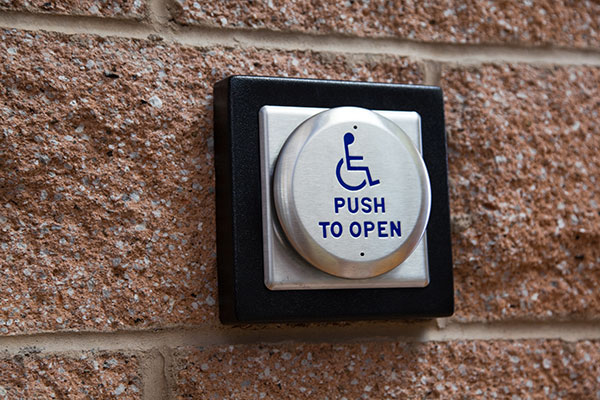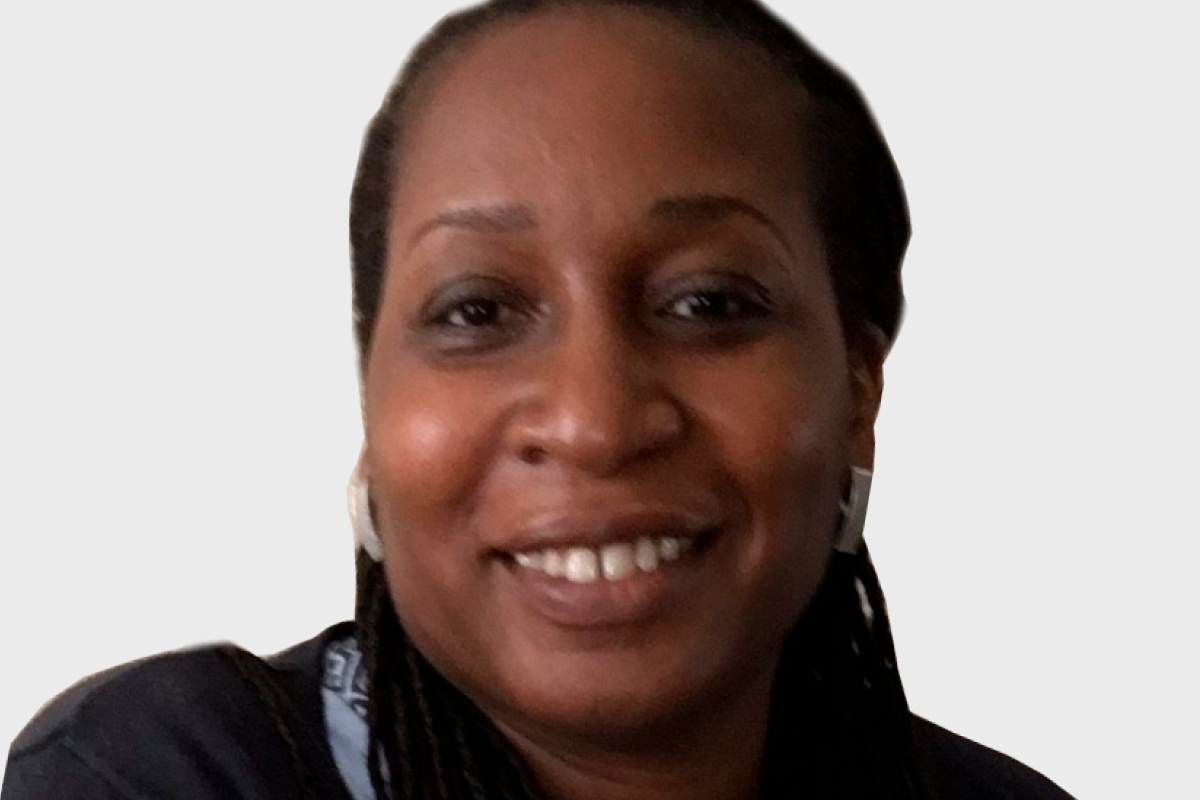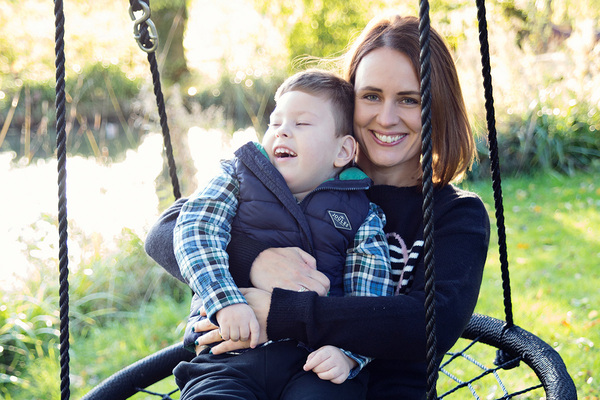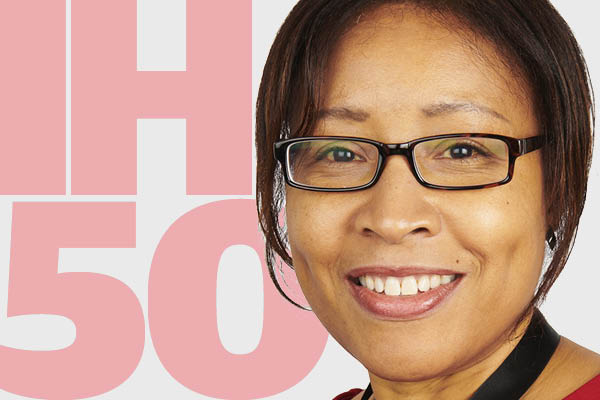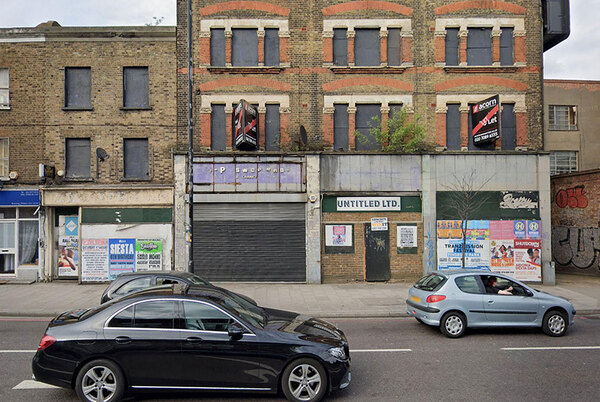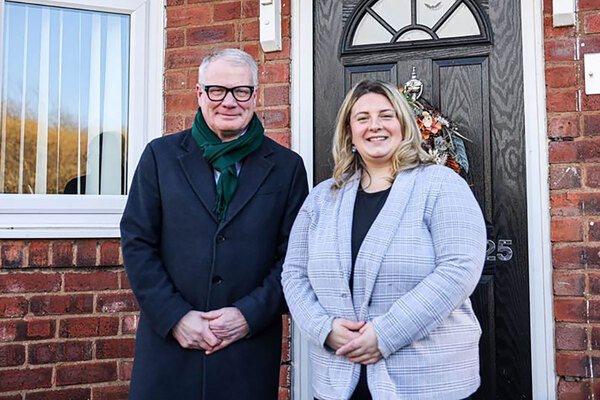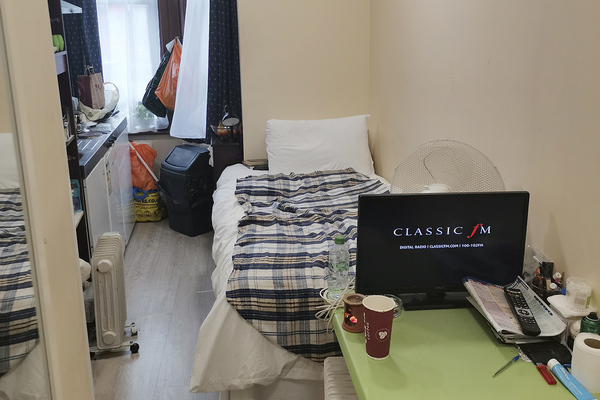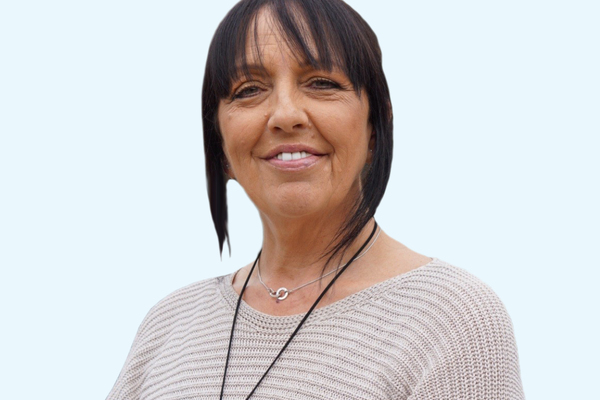You are viewing 1 of your 1 free articles

The year the housing sector united behind calls to improve accessibility
This year saw real unity on calls for the delivery of more accessible housing. It is vital that housing professionals keep banging the drum in 2021, writes Nic Bungay
As we reach the end of a challenging year, organisations across the housing sector will reflect on the unforeseen COVID-19 pandemic and the steps taken to maintain our frontline tenant services.
As well as taking pride in work undertaken to support tenants during difficult times, the sector should take pride in embracing the principles behind inclusive design and accessibility to improve the lives of older and disabled people.
At Habinteg, several of our planned events – during the year that marks our 50th anniversary – shifted online. The limitations presented by COVID-19 did not prevent us from joining forces with tenants and supporters to mark our half century as a leader in accessible housing. Our interactive virtual celebration brought together 100 guests including disabled comedian Lee Ridley (aka Lost Voice Guy), campaigners, parliamentarians, tenants, our board and staff.
As well as announcing the winner of Habinteg’s 2020 essay competition – which generated forward-thinking and innovative ideas around accessible housing – we announced special awards for our ‘Lockdown Angels’, tenants who went above and beyond to help others during the pandemic.
The event also served as an important call to action for what was very welcome news for disabled and older people this year. The government’s consultation on raising accessibility standards for all new homes in England, which was promised by Theresa May back in 2019, was finally launched by housing secretary Robert Jenrick.
With only 9% of homes in England providing the four basic accessibility features to be deemed ‘visitable’, according to the English Housing Survey, despite there being 14.1 million disabled people in the UK, the consultation was a major milestone for us and the many disabled people who campaigned hard to get it started.
Together with the Housing Made for Everyone (HoME) Coalition – chaired by Habinteg and the Centre for Ageing Better – we’ve been encouraging as many people as possible to make sure their voices are heard as part of the consultation process.
“It’s been particularly encouraging to see so many housing sector organisations unite behind these calls on accessible and adaptable housing standards”
Backed by Age UK, the Royal Institute of British Architects, Care & Repair England, Disability Rights UK, Housing LIN, the National Housing Federation, the Chartered Institute of Housing and the Town and Country Planning Association, the coalition is calling for urgent action to tackle the country’s accessible housing crisis by raising the mandatory building standards for all new homes.
It’s been particularly encouraging to see so many housing sector organisations unite behind these calls on accessible and adaptable housing standards. Housing association members of Harry’s Pledge, a campaign that asks landlords to make several disability-friendly commitments, submitted a joint consultation response. As well as the National Housing Federation and the Chartered Institute of Housing, the G15 threw its weight behind Habinteg’s annual #ForAccessibleHomes campaign.
Large private developers are also embracing the principles of inclusive design. Habinteg’s consultancy team – the Centre for Accessible Environments – have this year worked with several councils keen to boost their understanding of accessible housing for older and disabled people.
COVID-19 has underlined the importance of accessible homes and makes the outcome of the government consultation even more important. We have seen more clearly how the design of our homes impacts our physical and mental well-being.
Our YouGov poll found that inaccessible housing made lockdown significantly harder for many disabled UK adults.
Disabled people are 17 times more likely than non-disabled people to be unable to carry out all daily tasks and activities at home without help.
“COVID-19 has underlined the importance of accessible homes and makes the outcome of the government consultation even more important. We have seen more clearly how the design of our homes impacts our physical and mental well-being”
Raising the accessibility standard of new homes will improve disabled people’s independence and quality of life. More people will be able to grow old in their own homes and avoid any unwanted moves to residential care – all of which creates significant public spending benefits. Not only this, but people with an unmet need for accessible housing are four times more likely to be unemployed than those whose needs are met (Habinteg: The Hidden Housing Market, 2016).
It’s clear that 2021 will be a crucial year for the whole sector. We have important issues to consider: the social housing and planning white papers, the ongoing impact of COVID-19, as well as the implications of Brexit.
And next year will also see the launch of the government’s new disability strategy. The outcome of the consultation on accessible homes will be known in March.
So it’s vital that the sector keeps banging the drum on accessible housing standards until we start to see real improvements for our disabled and older population. In the next 50 years, future generations will thank us for it.
Nic Bungay, director of strategy and external affairs, Habinteg
Sign up for our care and support newsletter
Already have an account? Click here to manage your newsletters
